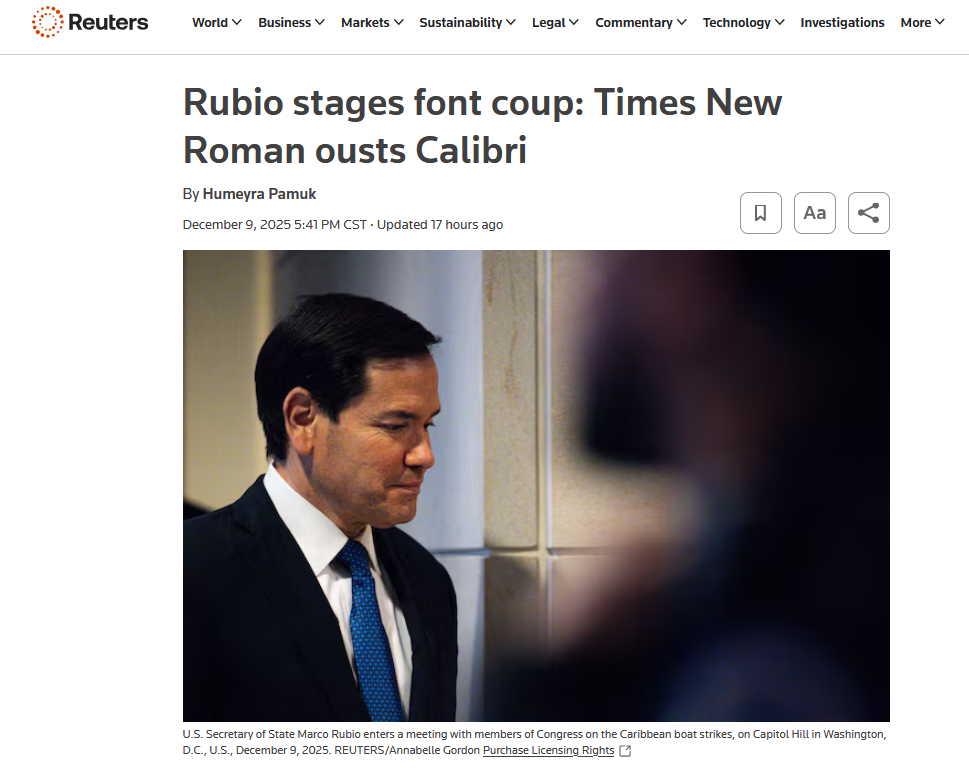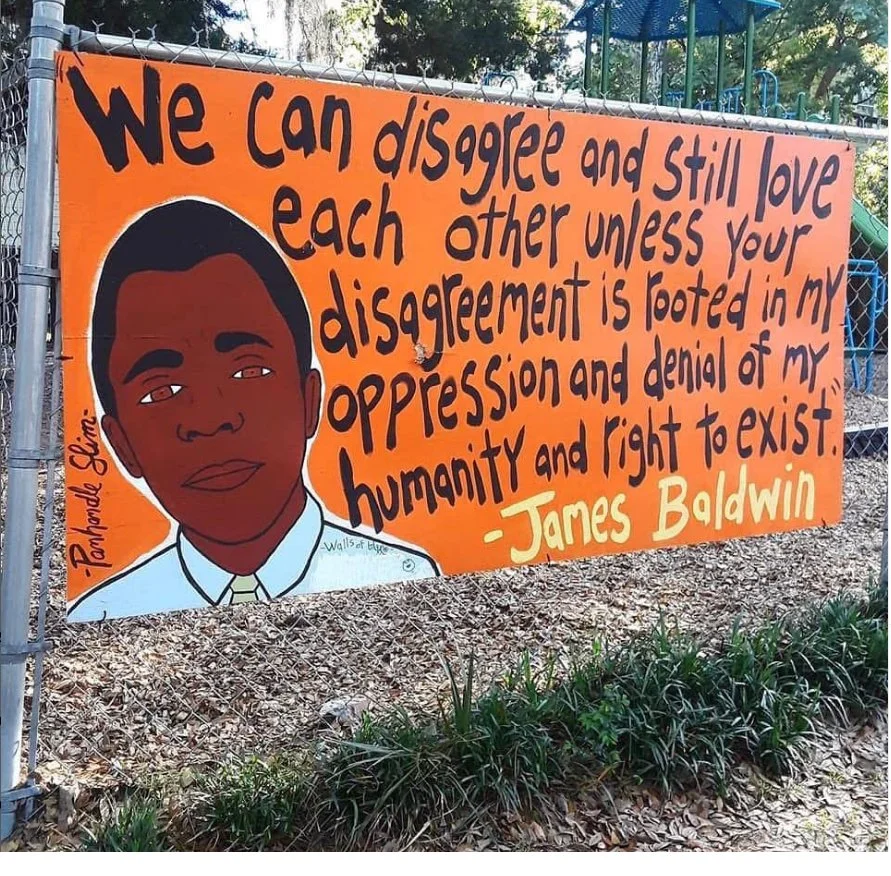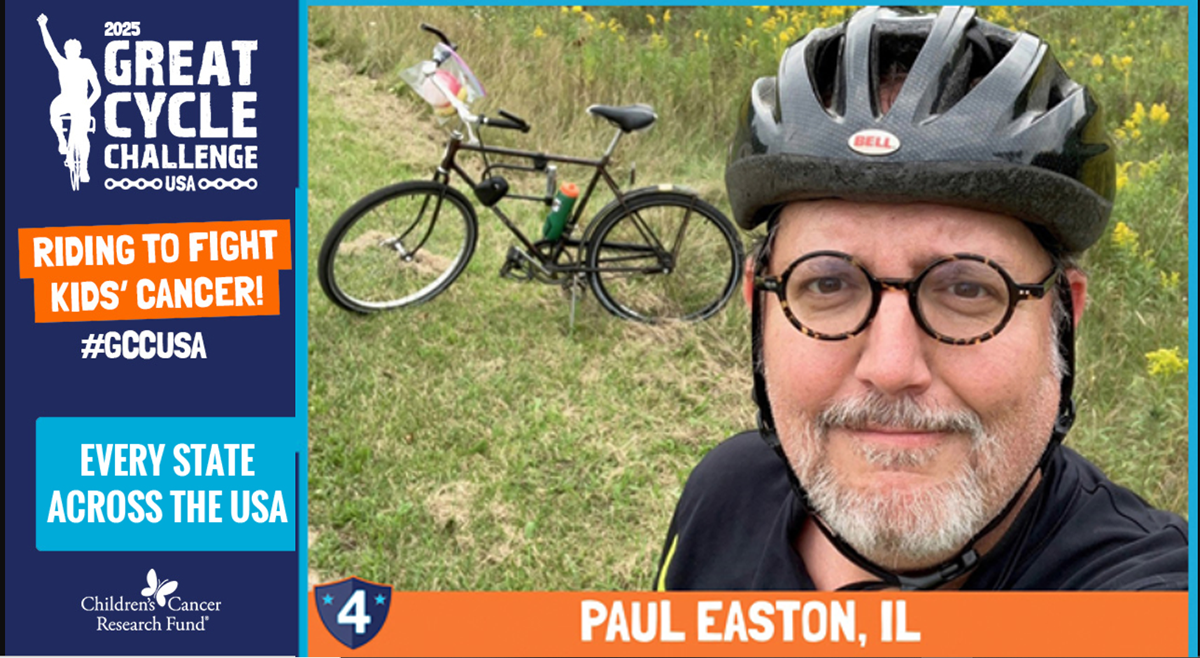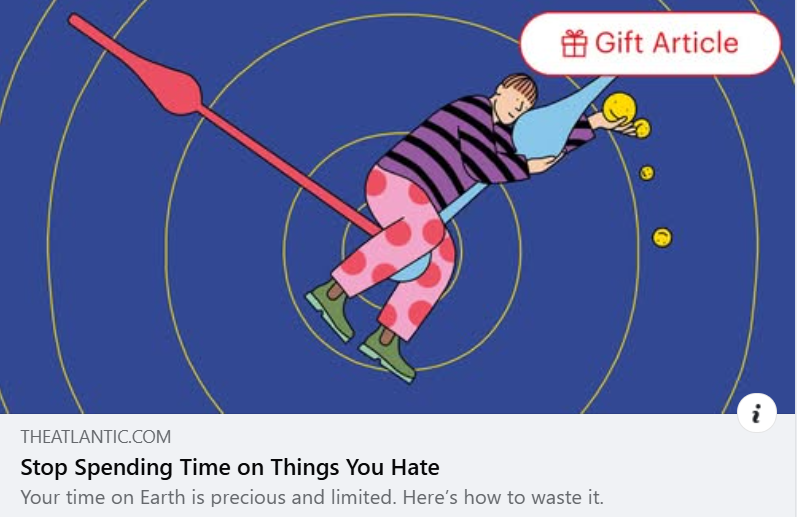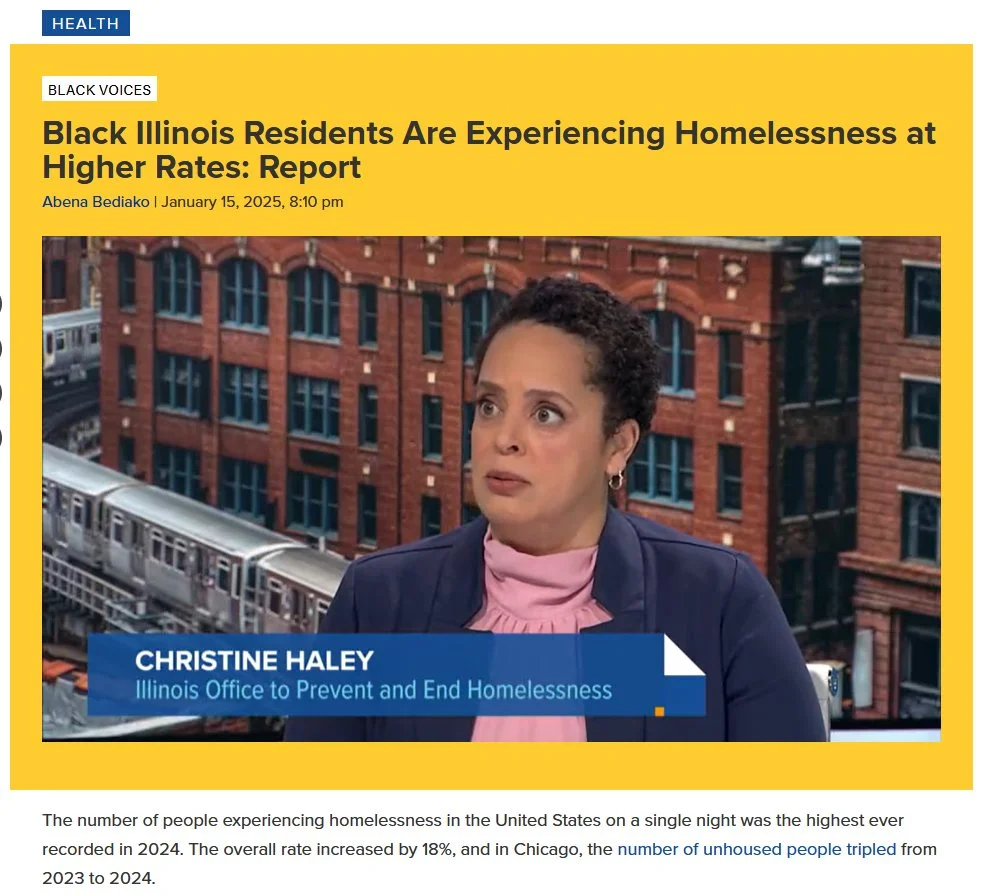Wake Up and Smell the Font
When I first left the Chicago printing industry in 1994 for teaching, my experience with desktop publishing and typography appealed to the higher-ups at Thornridge High School of District 203. I knew printing, and they needed a yearbook sponsor, someone who knew the ins-and-outs of books.
I remember being asked, directly, during the interview, if I could handle printing the yearbook, and teaching the desktop publishing class? I demurred, responding, “My actual expertise is with literary magazines, and as a Poetry-Writing major…” The interviewer quickly cut me off to re-ask, “Yes, but can you do the yearbook?”
I took the hint, assured them I could, and I helped students create—from scratch—an award winning book for the next seven years.
In part, that publishing experience helped me land my next—and final—teaching position at New Trier. I remember then-principal Wes Baumann flipping through Thornridge’s yearbook staff section, and asking, “Isn’t that Dick Biandi?” I explained the staff’s inside joke, a 20th century Easter-egg before such things were things. And even though I didn’t continue teaching publishing per se, since that interview I’ve also worked on New Trier’s student newspaper, satirical newspaper, literary magazine, and even yearbook during my tenure.
There’s so much to teaching that goes beyond what’s practical into what’s art. The font you use—or don’t use—is one such aspect. Worksheet design, readability, accessibility of assignments for students—these things matter quite a lot, when students-who-struggle-with-reading are involved.
When you are a teacher, you take nothing for granted. Even fonts.
A wonderful aide to me over the years is Communication Arts, a professional design magazine that has an annual typography magazine. Should anyone in the Kafkaesque-State Department’s “Office of Ministerial Malaprops and Misnomers want edification as to what a “font” is and what a “font” is not, they should visit their site. It’s worth reading. They might discover why fonts matter. And why fonts don’t matter. Any why the aforementioned political fiasco is possibly the most insane thing our government has done since the Reagan Administration declared ketchup “a vegetable.”
True, fonts can help (or harm) our students’ reading. But in a world where spin is—seemingly—the only Washington currency, surely Supreme Leader has better pretend things on which to cast his gaze? Can we all agree how stupid it is to declare a font as “woke”?
Sans-serif and sans-sanity,
The last American educator

